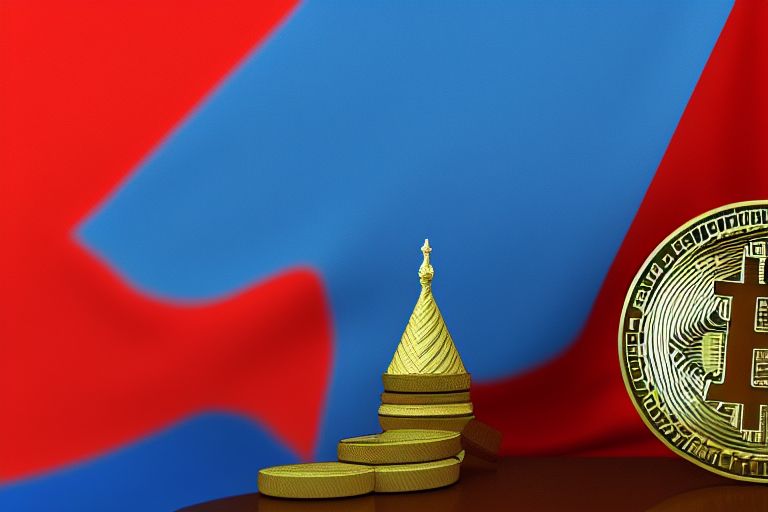NFT investors from Russia will face no repercussions due to the latest sanctions imposed by the EU.
In Brief
In response to the ongoing situation, the European Union has urged cryptocurrency platforms to limit access for Russian wallet holders.
Those with NFTs will find that they aren’t impacted by this initiative whatsoever.
For Russians engaging in NFT trades on global platforms, it’s wise to remain vigilant.
A fresh set of sanctions on Russia has been approved by the European Union The sanctions include restrictions on cryptocurrency wallets, indicating that no matter how substantial the funds in Russian wallets are, the EU intends to prohibit access. This declaration has stirred concern among NFT owners, particularly those who store their non-fungible tokens in various wallets after acquisition.

Andrey Tugarin, a managing partner at GMT Legal, clarified the situation. was consulted by the cryptocurrencylistings.com editors He reassured audiences that there's no need for alarm; according to his expert opinion, NFT holders won’t face any limitations from these sanctions.
Currently, buyers and sellers of NFTs do not have to undergo KYC procedures or submit identification documents like passports or driver's licenses. Anyone can freely acquire NFTs on any marketplace, meaning these sanctions will not impede this segment.
according to the expert
When involved in NFT sales, Russians need to be cautious to avoid potential pitfalls. Since the generated cryptocurrency usually gets distributed into the owner's wallets as ETH tokens upon completing a transaction, they should tread carefully.
NFT transactions yield cryptocurrency, which is ultimately deposited into exchanges or other wallets. Exchanges have the authority to deny service to Russian users who have completed the KYC process. Therefore, Russians must reconsider which cryptocurrency exchange or wallet they utilize and whether those platforms comply with EU sanctions, as exchanges could potentially block funds after sales.
according to Andrey Tugarin
It’s crucial to note that the European Union announced its eighth round of sanctions against Russia in an open letter. Plans dictate that cryptocurrency exchanges must prevent any transactions linked to Russian crypto wallets. Previously, exchanges were able to restrict wallet access if the funds exceeded 10,000 euros.
If you're eager for more insights, check out some additional topics listed below:
Disclaimer
In line with the Trust Project guidelines However, it's important to understand that the information shared here is not meant to serve as legal, tax, investment, or financial advice. Always invest responsibly, and seek professional financial guidance if you're uncertain. For additional details, we recommend reviewing the terms and conditions along with the help and support resources provided by the issuer. MetaversePost strives for accurate and impartial reporting, yet we cannot guarantee that market conditions won’t shift unexpectedly.







